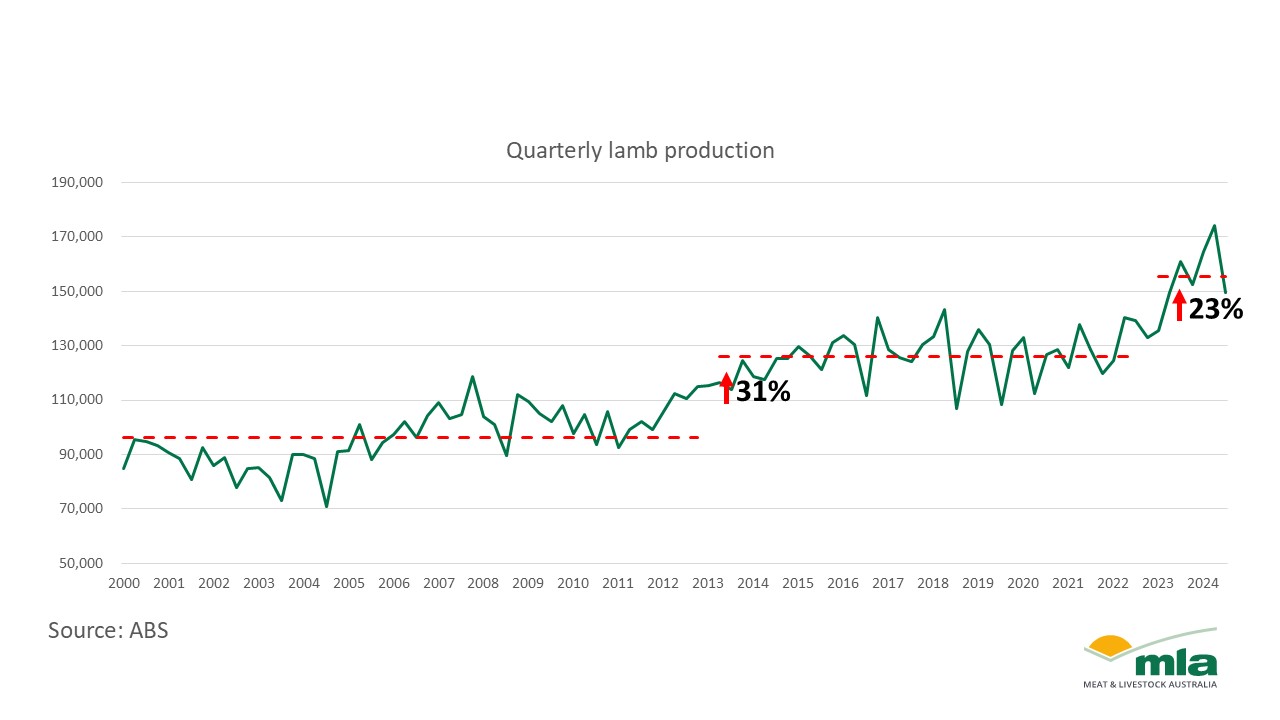Kiama Council’s outdoor staff, more used to spanners and shovels, have become enthusiastic advocates of mobile technology, thanks to a collaboration with their office-based colleagues.
Project Rubicon has seen our cleaners, construction crews and Parks and Gardens team hand back their time sheets, job sheets and numerous other bits of paper in exchange for tablets, an intranet, and online forms.
Stage one
Project Rubicon started when Council shifted to our new OneCouncil system, which includes online timesheets.
This presented a major change for our outdoor workers, many needing a work email address (and log-in) for the first time ever.
Another change was needing to access a work computer to log their hours each week.
While we provided each of our depots with a shared workstation for completing timesheets and checking emails, a lot of workers found it difficult to access the computer given their off-site work.
That’s when our IT team set up Project Rubicon, to roll out tablets to allow access to timesheets and emails while ‘in-the-field’.
The IT team worked with key outdoor staff, HR and Risk Management to ascertain what features were needed, or useful, to be installed on each tablet.
An example was including access to the ‘Fires Near Me’ website.
At this point the tablets were rolled out to our staff.
Workshops and drop-in sessions were also held to show our crews how to use the tablets, access their emails and update their timesheet.
Stage two
After receiving feedback from the outdoor staff and observations by IT, a second stage of Project Rubicon was initiated.
This included tweaks to the features of each tablet, such as turning on the cameras, removing website restrictions and adding a drawing package to allow mud maps to be produced and notes added to images of work done in the field.
The major initiative was creating staff a dedicated intranet hub providing access to online resources of particular use to outdoor staff.
Having an intranet hub meant changes to the page could be made easily by Council’s communications or IT staff, rather than relying on contractors to perform upgrades to the tablet software.
The reconfigured tablets were once again rolled out to key outdoor staff and have been very well received.
Stage three
The current stage of Project Rubicon involves using our outdoor staff’s enthusiastic adoption of mobile technology as part of their work, to move away from Council’s longstanding use of paper forms for much of our internal and external-facing processes.
This initiative had already begun in 2020 with the shift to OpenCities to manage our websites and intranet, using the OpenForms module, which is part of this platform.
While our office-based staff have been excellent early adopters in this transition, a key challenge was helping our outdoor workers make the switch, as they had a heavy reliance on a wide range of paper-based forms, job sheets, safety briefings and the like.
Our Risk Management team put up their hand to lead the way on stage three, digitising their various forms for risk assessments, chemical assessments and plant inspections.
They then trialled the new online versions for a month then collected feedback in meetings coordinators and team leaders.
Our IT team then refurbished two of the tablets to test the new digital forms in the field, then gathered further feedback.
This proving successful, the green light was given to go live with the new forms and organise for the remaining tablets to be upgraded to use them.
While it’s early days, our outdoor colleagues are loving the new technology and new online forms, and what it’s done to cut down their time spent on paperwork, which is now allowing them to focus more on the work at hand.
Photo: Cameron, James, Michelle and Jake are just some of the people involved in Project Rubicon







